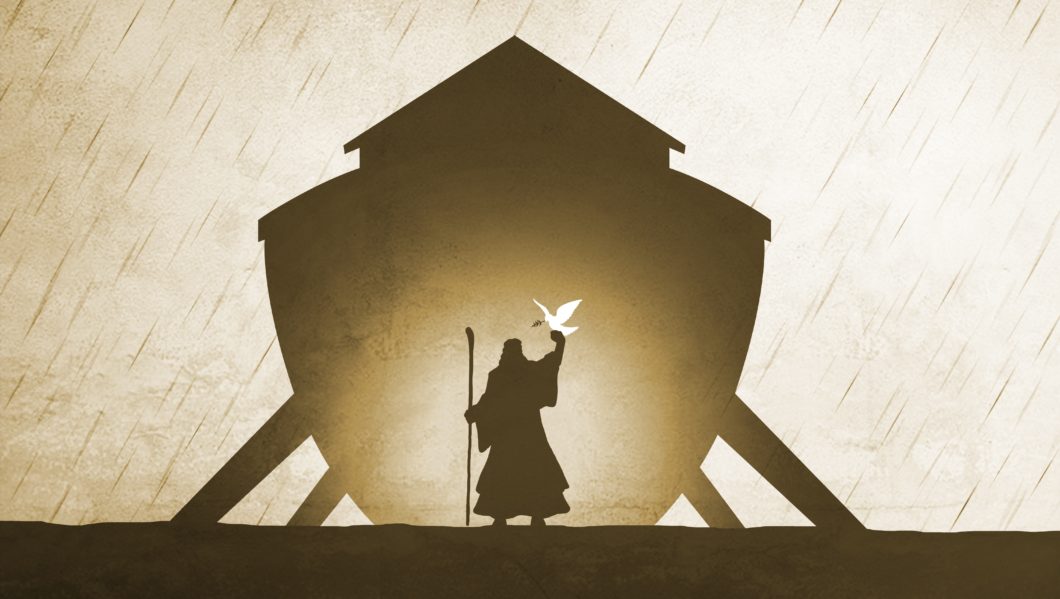As the decades roll by, the world continues its committed departure from God. Lawlessness abounds as people are encouraged to worship their flesh. Sexual immorality is celebrated, idols are cherished, falsehoods are authenticated, and monstrosities are glamorized. Surrounded by this unified depravity, we are called as Christians to stand alone as examples of morality for the world to see. Someone leading a life that embodies Christ’s teachings will be met with jeering and hatred because their choice to follow God condemns the choices of others. When the deluge of ridicule comes, will your faith be strong enough to weather the storm? To stand with God in the face of such temptation and cursing will surely win His favor. We few men striving for righteousness should look to Noah as a model figure.
In the time of Noah, humans had begun to populate the earth, but they were so corrupt God resolved to destroy them if they did not repent in 120 years. Then, God saw that even after allowing them time to change their ways, they were still so consistently evil that He was sorry He ever made them. It “broke His heart” (Genesis 6:5-6) because He loved His creation (note that God doesn’t enjoy punishing us). Since the world was filled with corruption and violence, God decided to wipe every living creature from the face of the earth, but “Noah found favor with the Lord” (Genesis 6:8).
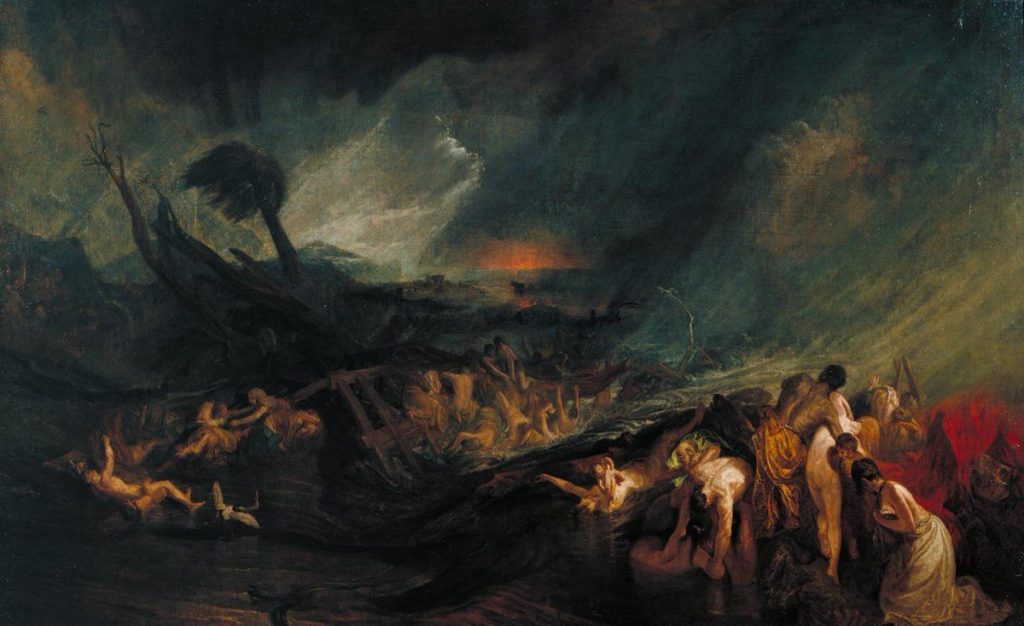
God told Noah of His plan to destroy all living things on earth and He instructed Noah to build an ark. When the ark was completed, God told Noah to load the ark with his family and pairs—male and female—of every living animal (and also seven pairs of birds and clean animals for eating and sacrifice). God then closed the door to the ark, not Noah (as one might assume). Seven days later, God caused floodwaters to rise on the earth for 40 days and 40 nights until the entire world was underwater. God didn’t forget about Noah as he floated for months on the floodwaters (Genesis 8:1), and after one year, He told Noah it was time to leave the ark. Noah then built an altar to the Lord and offered sacrifices to Him. God was pleased with the offerings and blessed him and his son’s saying, “be fruitful and multiply”—an implied second creation, with Noah being the second father of mankind. God then made a covenant with Noah to never again flood the earth and kill all living creatures. Finally, God created the rainbow as a sign of his covenant with Noah.
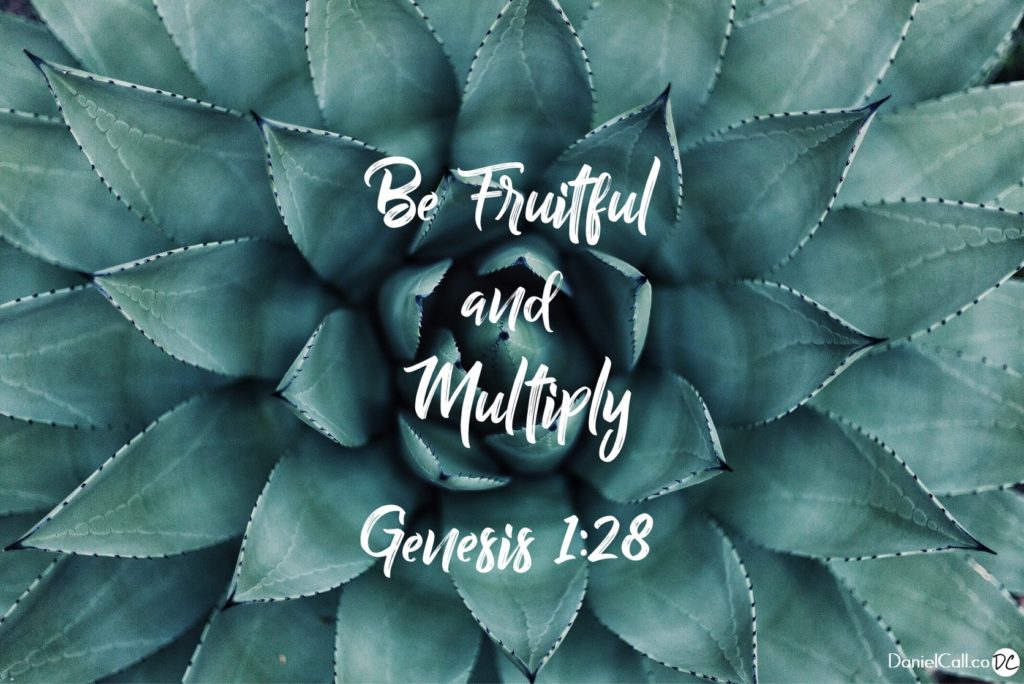
Be Righteous Among the Wicked
God is patient, but he refuses to allow us to sin with impunity. If we continually sin without showing any effort to change, God will punish us until we either learn, or are destroyed. Though God sent a flood to extinguish all life on earth, He did not destroy the righteous with the wicked. Noah had followed God throughout his life; he was a righteous man and the only blameless person living on earth (Genesis 6:9). For Noah to have been considered righteous, he must have followed God’s commands, since those define righteousness (Psalms 192:172). The Bible tells us that Noah walked in close fellowship with God, which would imply that he not only kept His commandments, but also maintained an intimate relationship with Him. This is not to say he didn’t sin, but that when he did, he repented. God saw Noah’s obedience and protected him.
In our godless world, we must follow Noah’s example of righteousness and develop a relationship with God, lest we be destroyed. The sinful ways of the majority are no excuse for adopting their behavior. Through Noah, God gave mankind a second chance to follow Him; let us seize that opportunity. As society continues its ungodly descent, we will need the protection He afforded Noah more than ever.
Be a Faithful and Hardworking Servant
Noah must have looked foolish to outsiders as he built a humongous landlocked boat to bear him and every animal on earth up to safety during the coming word deluge. There’s a good chance Noah had never even seen a seafaring vessel or a flood before, but he obeyed nonetheless. The enormous amount of work that went into building the ark must be appreciated (the dimensions being 450 feet long by 75 feet wide by 45 feet tall). Knowing of the coming flood, Noah would have devoted such a significant amount of time to build the ark that it would have become his primary occupation for the duration of the project (some reasonable estimates I’ve seen place a maximum time to build the ark at 55 to 75 years, and if you’ve ever dabbled in carpentry, you can imagine the incredible amount of time to complete such a monumental project with power tools, let alone without them). How stressful to undertake this endeavor and put your ordinary ambitions on hold, yet “Noah did everything exactly as God had commanded him” (Genesis 6:22, 7:5). Even though God’s instructions may have seemed outlandish, Noah obeyed and had faith in God’s plan for him and his family (Hebrews 11:7). Noah saw his faith vindicated when water erupted from the ground and fell in torrents from the sky. Noah’s faith protected him and his family, and throughout his life he continued to demonstrate that faith; the first thing Noah does after being trapped on the ark for a year is build an altar and offer sacrifices to God (Genesis 8: 20-21). Noah’s obedience was so great that the Bible later remembers him as a paragon of faith (Hebrews 11:7). We should all strive to place our trust and confidence in God, and rely on Him for our salvation. We should listen carefully to His instructions and enact them with tireless ambition, just as Noah did.
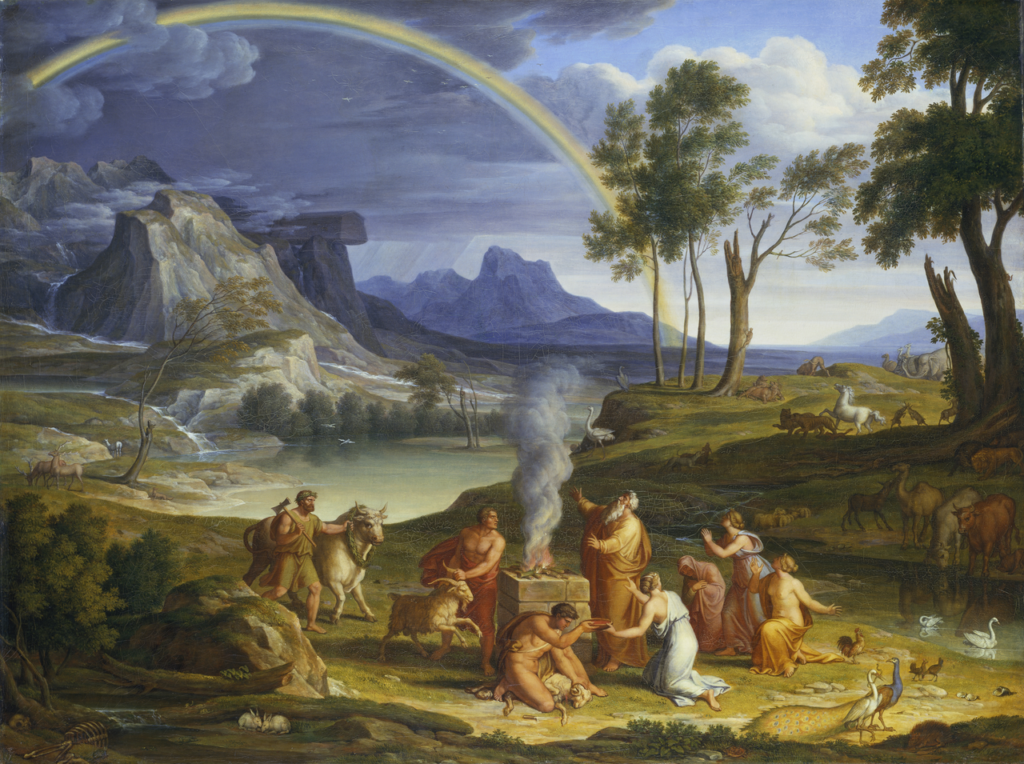
Even the Best Men Stumble
There is a tendency among men to exalt their role models to idols of perfection, thereby making them unrelatable. The story of Noah is often relayed in such a way to allow this by limiting the account to events leading up to the flood’s conclusion, but the Bible goes on to record one example to show us that Noah was still just a man.
After the flood, Noah settled some land and planted a vineyard. One day, he drank some of the wine he had made and became drunk before passing out inside his tent. The Bible then says that Noah’s nakedness was uncovered (Genesis 9:20-21)—a phrase that is used repeatedly in Leviticus 18 to convey sexual relations—so apparently some sexual sin was committed against him while he was drunk. Noah’s son, Ham, finds him in this way and tells the other sons, who then cover their father. When Noah awakes from his drunken stupor, he curses Ham’s son, Canaan, for the crime (some interpret the way this passage reads that it is Ham who is cursed, but it is likely that Ham is simply who discovered the crime, since Canaan is specifically who Noah curses, not Ham himself, or all of Ham’s children). Though Noah was a victim to the greater crime, he still sinned by allowing himself to become so intoxicated.
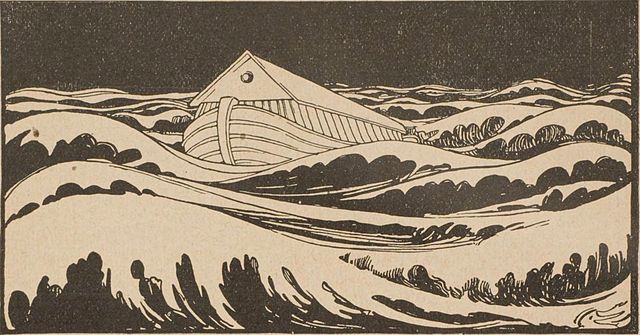
Noah’s righteousness can seem unattainable, but we must remember that God gave him an allowance for his imperfection. When looking to the pillars of faith in the Bible, we shouldn’t let them become deified in our minds. Similarly, we shouldn’t hold ourselves to such an unrealistic standard of perfection—take heed though, because this healthy perspective can quickly devolve into complacency if left unchecked. When we understand the limitations of even the greatest among us, we can aim for achievable goals of emulation.
Though it’s possible the decadence of the current era is surpassed by that of Noah’s time, eventually the corruption of our world will eclipse that of the antediluvian age. Regardless of where we lie on that timeline, we must walk upright among the degenerate (1 Peter 4:2-5). The story of Noah shows us how righteousness and faithfulness will save us, but sin will destroy us. Noah stood as a lone figure of righteousness in a fallen world; he rejected the norms of his society and lived a godly life (Philippians 2:15). Noah’s obedience to God saved his life and the lives of those around him—an impact we can also have if we submit ourselves to God. Today, we have the opportunity to shine as bright lights in a world of darkness.
If you liked this article and want to keep up to date with future posts, you can sign up for my newsletter below. I promise I won’t blow up your inbox.
